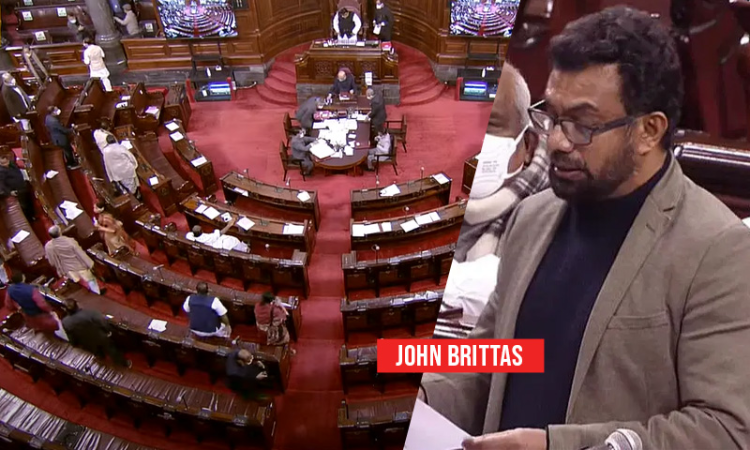'BR Ambedkar Must Be Turning In His Grave Seeing How Judicial Independence Is being Trampled With': MP John Brittas In Rajya Sabha
Mehal Jain
21 Dec 2021 8:02 PM IST

Next Story
21 Dec 2021 8:02 PM IST
"The key framer of the Constitution and the first law minister- Dr. B. R. Ambedkar- would be turning in his grave, seeing how judicial appointments are being made and how the independence of the judiciary is tampered with," Kerala MP John Brittas has said in the Parliament."It is true that Ambedkar was not in favour of prohibiting Supreme Court and High Court judges from taking up office...
